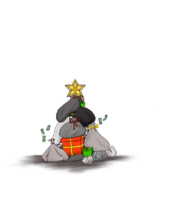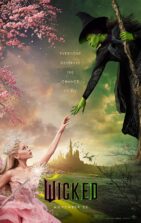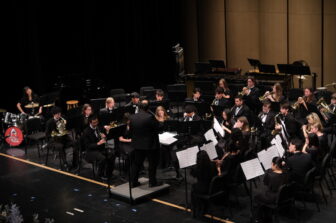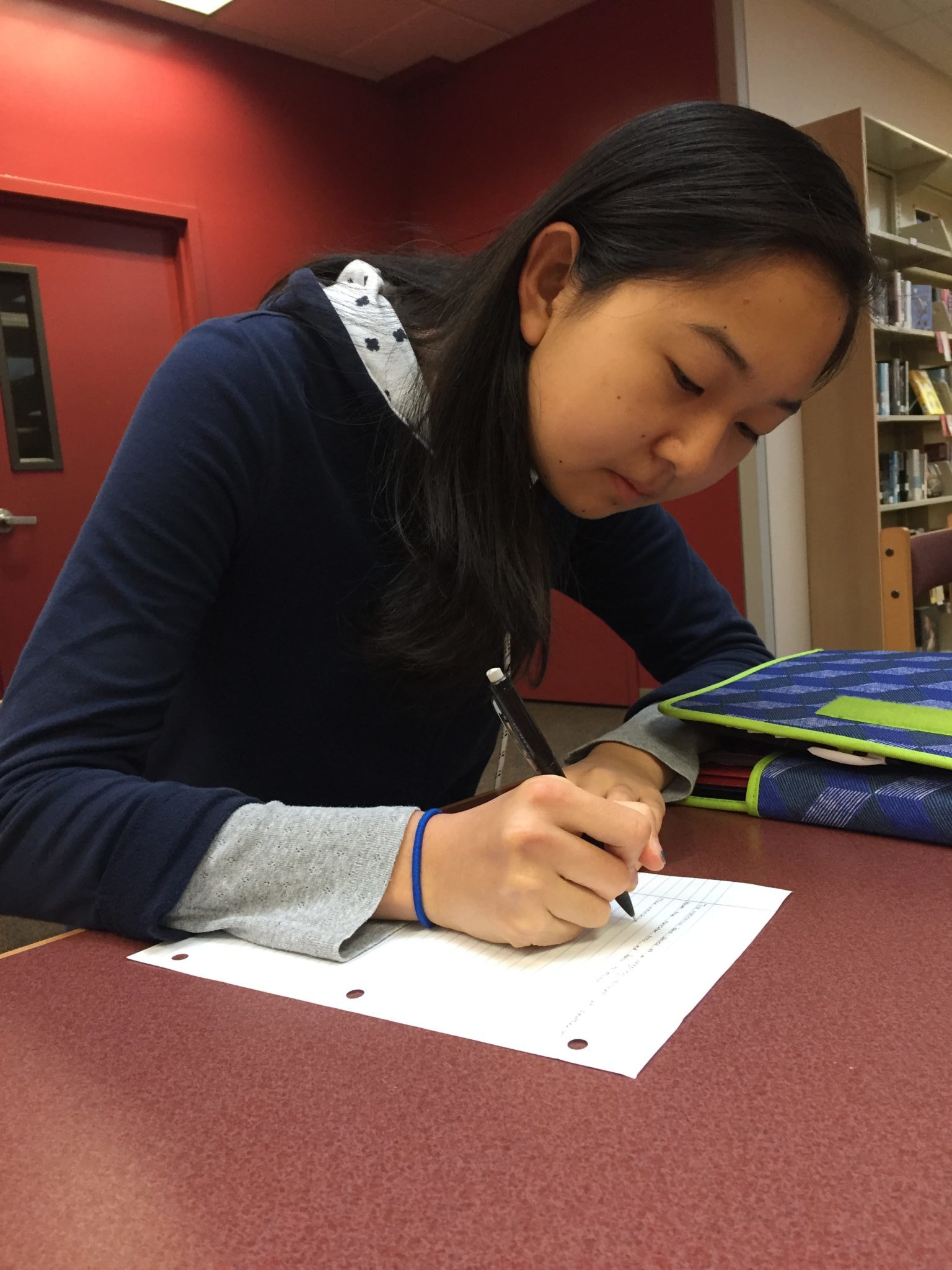
Senior Lily Zhou was a National YoungArts finalist
Note: An earlier version of this article erroneously attributed the quote “A lot of the stuff schools use in English class is good and historically significant, but it’s very hard to relate to…” to Genevieve Thurtle. In truth, it was Lily Zhou who said this.
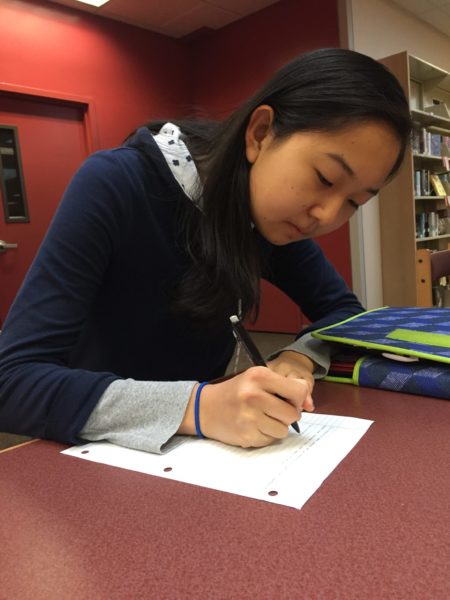
For many students, writing is confined to history papers and English essays. However, a few with a passion for creative writing take their skills to the next level, entering their work into literary magazines and competitions.
Senior Lily Zhou has written competitively at teen level events since her freshman year and has composed works for teen writing organizations such as the Adroit Journal, Blueshift Journal and Polyphony H.S.
“I’ve always liked to read, especially fiction,” she said, “but I didn’t start writing it until … freshman year, and I waited until sophomore year to start sending poems out to [publications].”
Zhou mainly writes poems addressing personal situations or short stories incorporating Chinese mythology.
Beyond her own work, Zhou involves herself in the writing community.
“I edit for Blueshift, reading university work applications and judging whether or not we should accept or reject it,” she said.
Like Zhou, senior Miwa Ikeda was encouraged by her peers to get involved in creative writing.
“Some girl in my P.E. class was like ‘If you like stories so much, why don’t you write?’” Ikeda said, “and I was like ‘Oh, that’s not a terrible idea.’”
Ikeda now uses different online platforms to release her work, mainly short stories. Her short stories, while occasionally humorous, often have darker themes and sarcastic characters. She also likes delving into the confusing experiences of complicated platonic relationships.
This motif is characteristic of her focus on evoking emotion in her reader.
“I like to make people laugh,” she said, “and creative writing is one way to do that.”
Creative writing teacher Genevieve Thurtle sees importance in exploration.
“We study certain craft elements and students will write to prompts that help them explore that element,” she said.
Thurtle appreciates that creative writing exposes students to composing with minimal guidelines.
“I am really enjoying what students have to write when they’re given very few rules,” she said. “Analytical work is important, but so is the creative work that fiction writers … do every day.”
Through her writing, Zhou is able to reach a writing community larger than the one at Aragon.
“I wanted to find other young writers like myself and connect with them,” she said, “which I’ve definitely accomplished over the past two years.”
Students entering their work to be published raises the question of whether or not competition can damage relationship or enjoyment.
Zhou cannot recall any negative experiences.
“The teen writing community is a very supportive and positive place,” she said. “There’s a lot that you can relate to … and with writing workshops and other competitions and publications, it’s really easy to connect with other teen writers.”
Ikeda has encountered a bit of negative feedback, but explained, “It’s mostly laughable, like ‘You’re taking this too seriously.’ ”
Writing competitions are selective and objective, with some having below a one percent acceptance rate. Because of this, Zhou suggests that one should not read too much into an acceptance or rejection.
“There’s no one way to tell if your writing is successful other than just continuing to write,” she said.
Students of all levels of writing skill are involved in creative writing, and have excelled.
“Creative writing isn’t about formulas,” Thurtle said. “It’s about finding the right structure and form … for the stories you want to tell. Every writer has a strength, whether it’s the way they put together a sentence, or how they use imagery, or how they create a distinctive voice.”
For those who dislike writing and English class, Zhou suggests looking at more current writing rather than what are considered the classics.
“A lot of the stuff schools use in English class is good and historically significant, but it’s very hard to relate to,” Zhou said. “I would advise them to look into more writers alive today, because there’s a lot to love about contemporary poetry that isn’t covered in English class.”
Ikeda encourages students to both write and find the stories they find interesting. She said, “There’s not any person who isn’t interested in some sort of stories.”

